The Importance of Community Resources for Breastfeeding [Child and adolescent health]
Annals of Family Medicine
NOVEMBER 20, 2024
race/ethnicity, income, education). SAFE used a stratified, two-stage, clustered design to obtain a nationally representative sample of mothers of infants; mothers were enrolled from 32 US birth hospitals, January 2011-March 2014. Context: Breastfeeding (BF) has many benefits for infant health. 2.3]) and exclusive BF (aOR 1.7 [95%

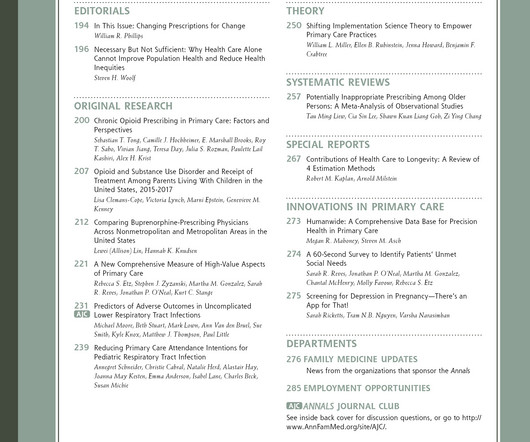
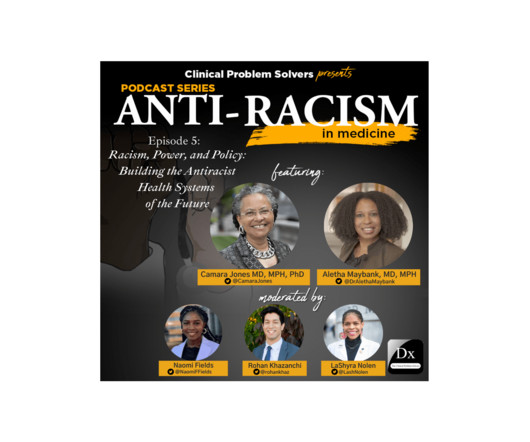

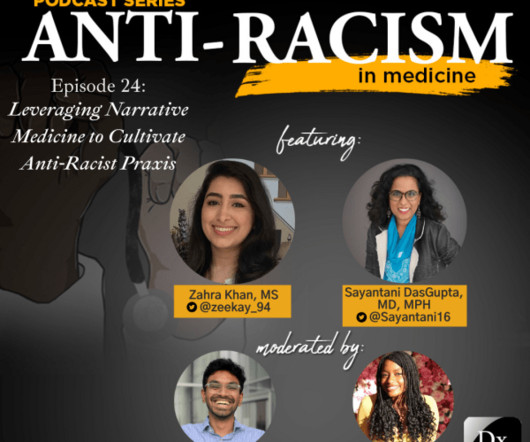


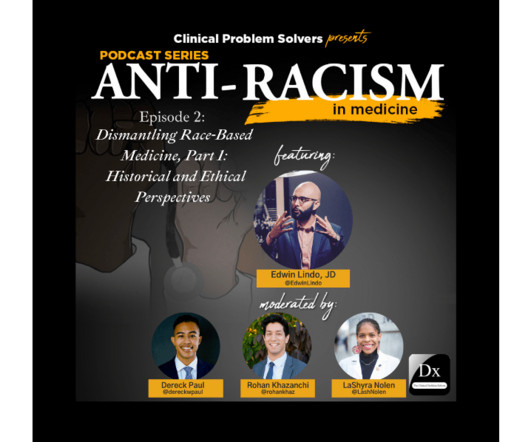


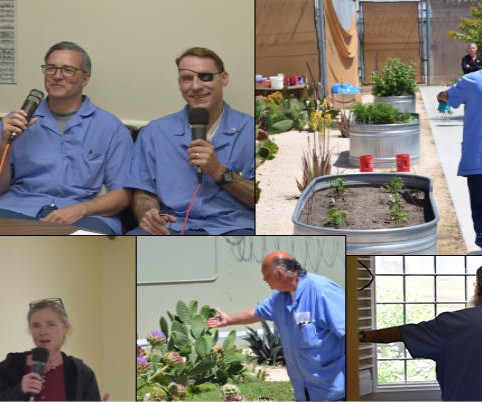
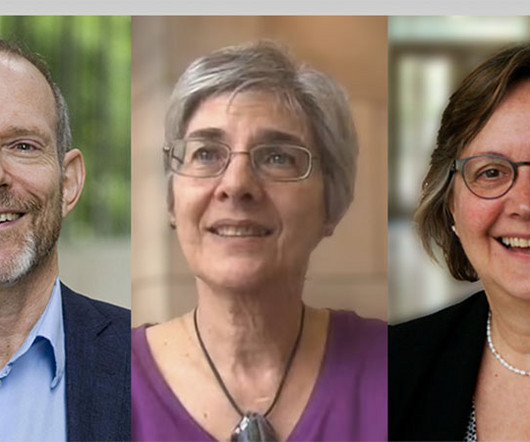







Let's personalize your content